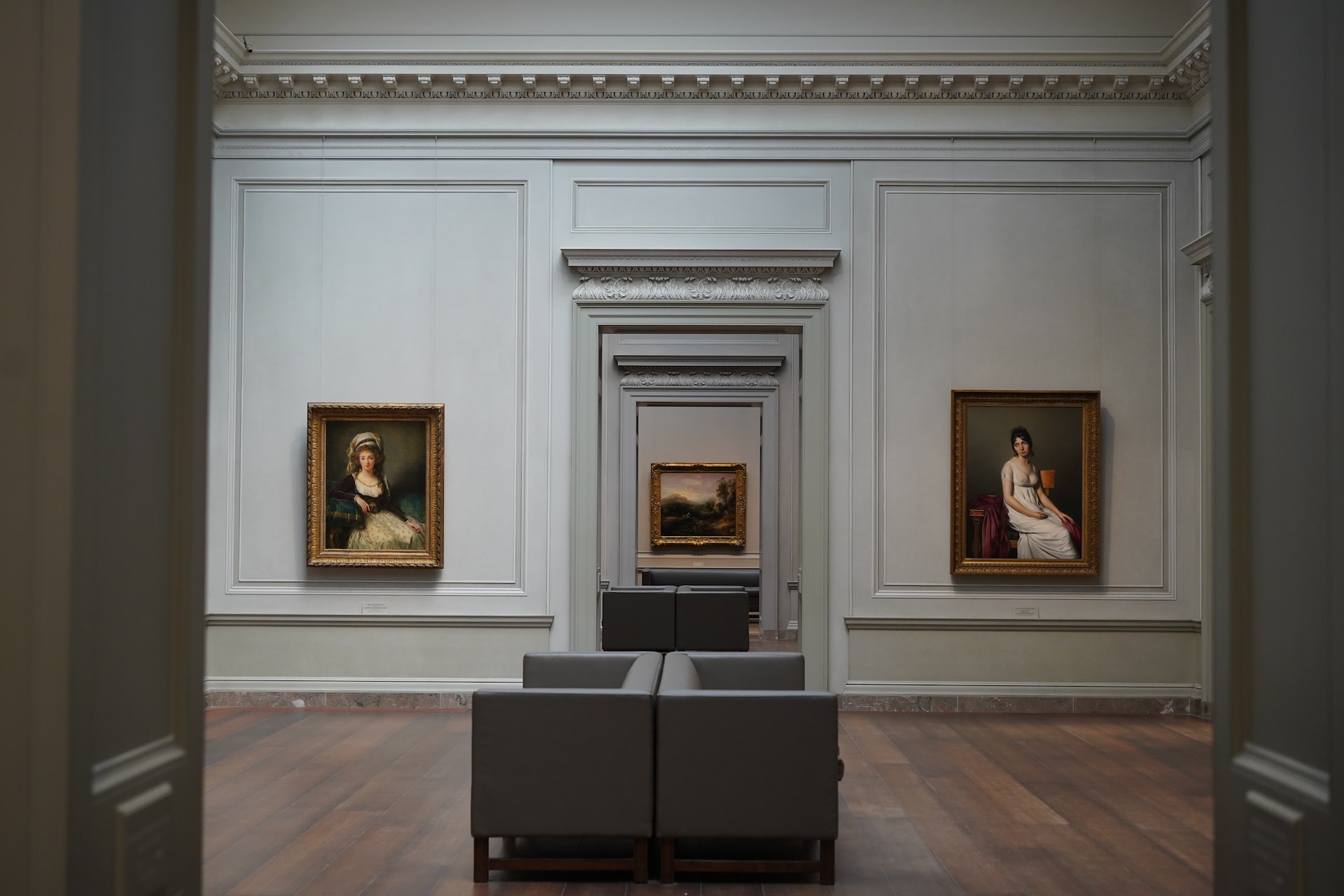Seattle Art Museum (SAM) is set to unveil its newest exhibition, a groundbreaking showcase featuring the works of Anida Yoeu Ali, a Tacoma-based artist whose thought-provoking artistry bridges cultures and challenges perceptions.
One of Ali’s notable performances, known as “The Buddhist Bug,” involved her portraying a unique character—an orange, over 300-foot long, caterpillar-like entity. This unconventional creation evoked a spectrum of reactions worldwide, ranging from delightful engagement, particularly among children who interacted with its exposed feet, to curious inquiries from adults, to whom Ali responded solely through silent gestures. Reflecting on this creation, Ali shared how this whimsical being effortlessly brings joy and accessibility, especially captivating the interest of children and families. “The Buddhist Bug” holds the power to soften individuals and ignite inquisitiveness, she remarked.
In contrast, Ali’s performance piece titled “The Red Chador” invoked diverse responses during its run from 2015 to 2017. This piece featured Ali adorned in a vibrant red dress and a chador—a traditional Muslim women’s attire encompassing the head and body. Ali traversed various urban landscapes, including cities, museums, and universities, prompting expressions of curiosity and empathy, but also evoking Islamophobic reactions of fear and hostility.
These distinctive forms of performance art, classified as “performance installation,” will take center stage in an exhibition debuting on January 18 at the Seattle Asian Art Museum. The event marks Ali’s inaugural showcase at SAM and stands as the first solo exhibition dedicated to a Cambodian American artist in the museum’s history.
The exhibition will unveil the “artifacts” from Ali’s performances, including costumes, signage, videos, and photographs that encapsulate her global artistic journey. Renowned filmmaker Masahiro Sugano, Ali’s creative collaborator and husband, captured visually stunning images portraying the dichotomy of belonging and alienation—a central theme in Ali’s artistic expression.
Titled “Hybrid Skin, Mythical Presence,” the exhibition’s name mirrors Ali’s multifaceted identity shaped by her transnational and multicultural upbringing. Born in Cambodia and raised in Chicago within her Cham-Muslim family, Ali reflects on her experiences as a minority within both the Cambodian American community and the Southeast Asian context within the mosque.
Ali’s exhibition promises a profound exploration of cultural identity, encapsulating the intricate intersections between heritage, belonging, and the complexities of cultural perceptions in contemporary society. It stands as a testament to the transformative power of art in challenging, questioning, and reshaping societal norms and narratives.
